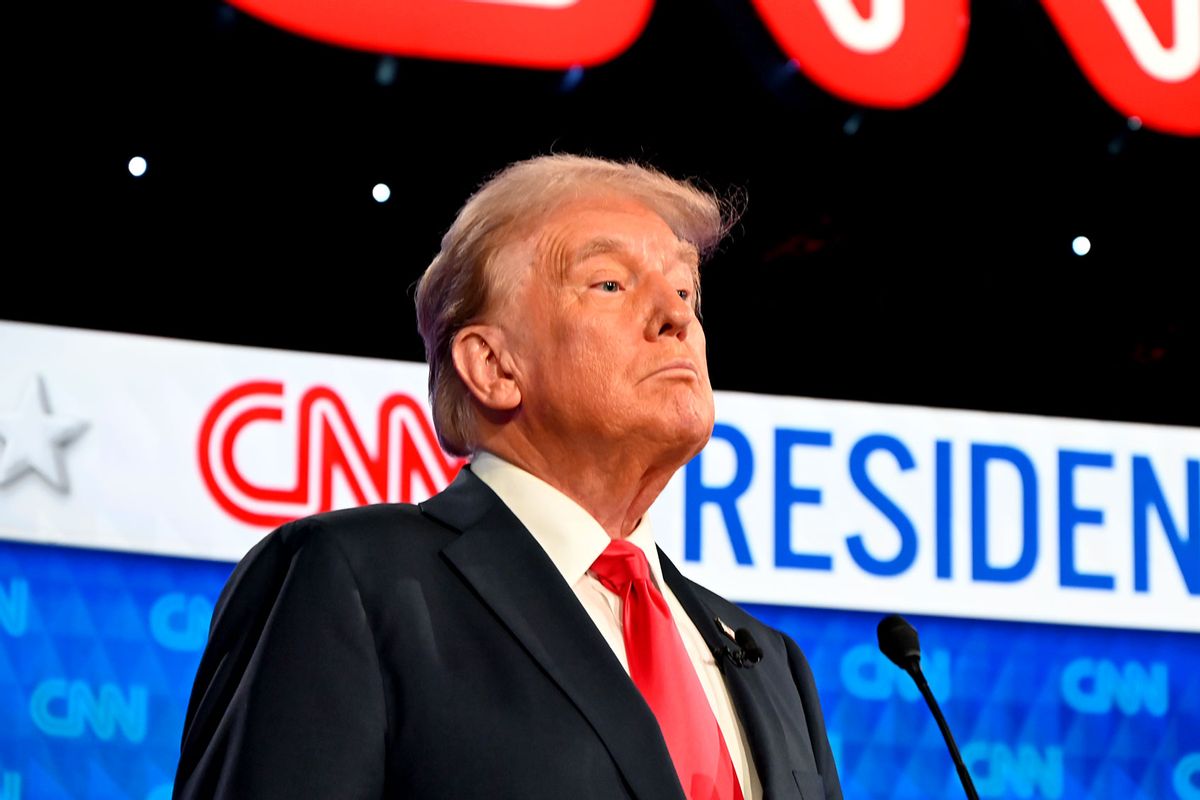In wake of the Supreme Court's ruling that presidents are granted total immunity for "official acts," a path has opened for Donald Trump to avoid sentencing for his conviction on falsifying business records to hide an affair with adult film actress Stormy Daniels. According to The New Republic, Juan Merchan, the judge who presided over the hush-money trial that landed Trump with 34 felony convictions, is no longer certain that sentencing, which was delayed to September, will ever happen.
“The Court’s decision will be rendered off calendar on September 6, 2024, and the matter is adjourned to September 18, 2024 at 10:00 AM for the imposition of sentence, if such is still necessary, or other proceedings,” New York State Supreme Court Justice Juan Merchan wrote in a letter Tuesday. The sentencing was supposed to take place on July 11, just days before the Republican National Convention.
On Monday, Trump's lawyers filed a pre-motion letter requesting that the conviction be set aside and the sentencing delayed in light of the Supreme Court's decision, arguing that even though Trump's crimes occurred before he assumed the presidency, some of the evidence used should have been redacted. Merchan ruled against a similar motion in April on the grounds that it was "untimely."
With sentencing delayed by at least two months, the lawyers will have ample time to argue that Merchan should not have dismissed the first motion and that the evidence from Trump's time in the White House should not have been introduced. Prosecutors did not oppose the delay, writing to Merchan that "although we believe defendant’s arguments to be without merit, we do not oppose his request for leave to file and his putative request to adjourn sentencing pending determination of his motion."



Shares